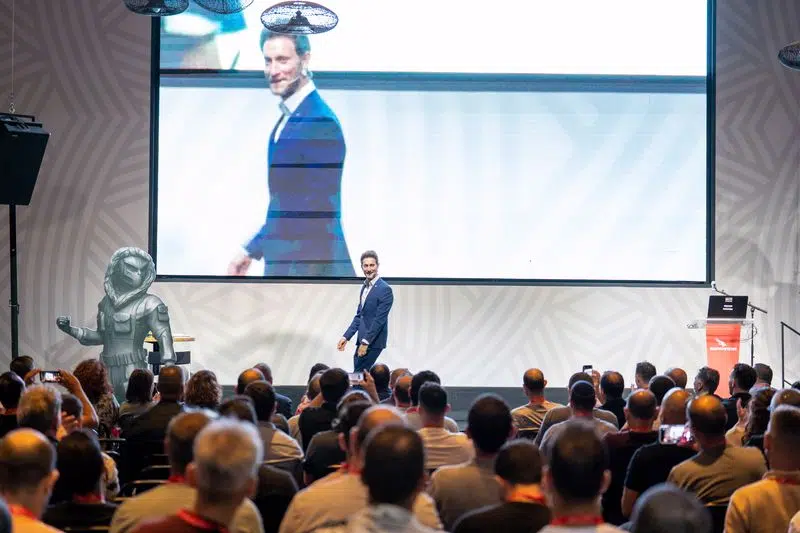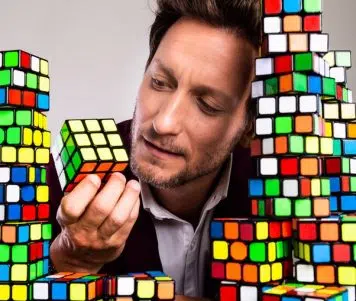
To What Extent do Mentalism Shows Incorporate Psychological Elements?
Although it is not common to connect between the type of popular entertainment called mentalism or sensory art and psychology, psychological aspects and the use of psychological techniques actually have a significant influence on sophisticated, clever mentalism segments. In order to create the surprising, breath-stopping, and enjoyable segments that Lior Suchard has been producing for years, various techniques and elements must be implemented skillfully and with amazing precision, including from the world of psychology. Today, we will explain how much psychology there really is in a mentalism performance, and to what extent this type of entertainment is influenced by the science of psychology.
Of course, when we discuss the extent at which mentalism performances incorporate psychological elements, we do not mean psychology in the sense of emotional therapy, but rather the practical aspects of how people think, what influences human thoughts, our attention and what we notice, psychological manipulations that cause a person to think specific thoughts or reach a certain conclusion, and so forth. In terms of these types of elements, a clever, original, and quality mentalism performance like those of Lior Suchard includes quite a lot of psychological motifs that are an important part of his phenomenal success and his uniqueness.
What does psychology have to do with mentalism?
Mentalism, as this entertainment art is sophistically executed by Lior, is really not a superpower or magic. It is entertainment that is achieved through smart, exacting, and careful implementation of a range of techniques that allow Lior to “read” the participants’ minds, predict their choices precisely, know hidden details, and do various surprising and inexplicable things. Psychology, in the sense of understanding the way people think and how to lead the human mind to a specific place, plays a significant role here.
This is the strongest expression of the connection between psychology and mentalism and sensory art. Using his knowledge of psychology and implementation of techniques related to the science of psychology and cognition, Lior can do the amazing things he does in his performances on stages all over the world, on big prime-time shows abroad and at private shows for celebrities and huge corporations.
At his shows, Lior Suchard uses techniques such as guided imagery, suggestion, NLP and so forth – all of which are techniques that are based in some form on psychology and on understanding how the human brain works, thinks, and is stimulated in terms of thoughts, decisions, and perceptions.
A successful mentalist does not need a degree in psychology, of course, but a relatively thorough understanding of psychology and aspects of neuroscience and cognition definitely helps and enables him to create clever, deep, successful, and enjoyable mentalism segments for the audience. Part of the long, complex training and professionalization process of a mentalist includes delving into various psychological topics, as well as implementing the other techniques that are part of this captivating and original form of entertainment. His familiarity and understanding of concepts in psychology help Lior produce mentalism segments that challenge your regular perception of reality, with amazing feats that are difficult to explain – they simply must be experienced!
Psychology has a strong impact on mentalism and on the quality of the show!
To conclude, a relevant, practical, and comprehensive understanding of psychological elements and the specific techniques related to them undoubtedly contributes to the field of mentalism and produces a more powerful experience and effect, allowing Lior Suchard to surprise people time and time again with new elements, preserving his status as the leading master mentalist in the world. Without a deep understanding of human psychology and how people think, a mentalism performance cannot be truly successful and unique.







